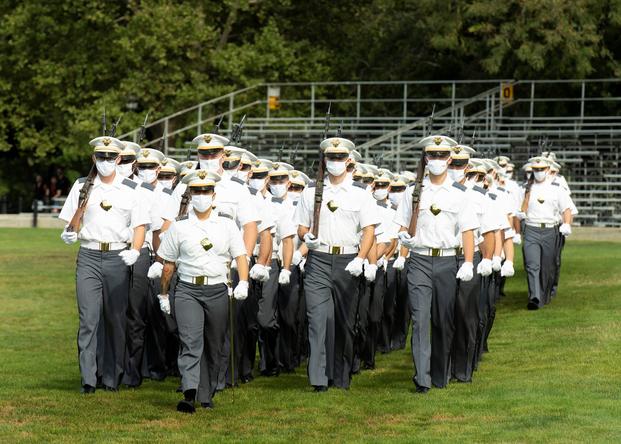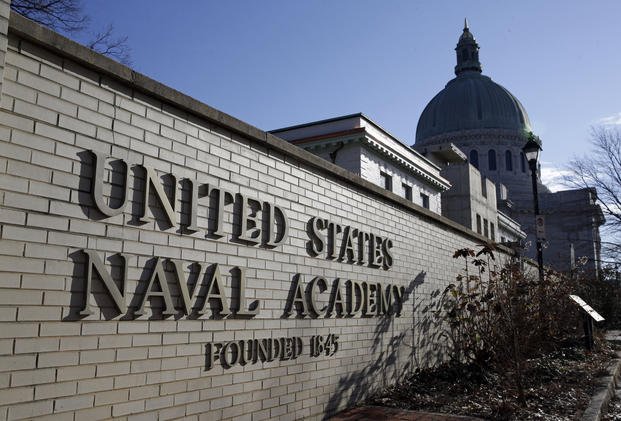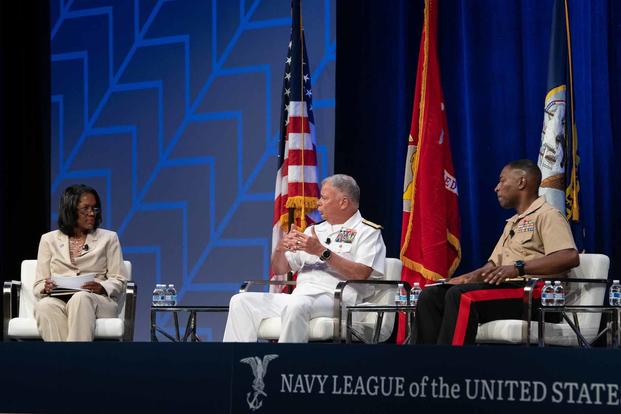"LTG Caslen says, in response to LTC Heffington’s concerns about a degraded Academy, of his cadets:I'm not sure who "they" is, but I've been bristling at this comment ever since a read it. Thankfully, cooler heads than mine have responded.
The US is diverse. It's simple fact. God did not place us into homogeneous groupings speaking the same language as he did in South Asia, the Balkans or the Caucasus, nor are we all under the same roof, so to speak, as a result of imperial expansion, Russian and Chinese style. We and/or our forbearers all ended up here one way or the other. For all our faults, it has worked out pretty well. What's the alternative to promoting diversity in the institutions that represent us, defend us, educate us, sign our paychecks, etc.? Refer to the list above.
How would I "quantify" how diversity has made us stronger. Look at the STEM faculty bios of every college and university in America. Look at the rosters of Fortune 500 companies' upper management; especially in those companies that didn't even exist 10 or 15 years ago. Look at the Marines who processed refugees at Bagram and obituaries of fallen service members for at least the last 110 years.
No nation on earth can even begin to compete with our soft power, which derives directly from our diversity. It's why everyone wants to come here.
They are the most diverse group in the history of West Point and we are stronger for it.
You are confusing two different points. Should our military be diverse to reflect society, absolutely? Should command positions reflect society also, yes. But if you are going to make a comment that we are stronger for it without qualifying it, then you are basically saying "we are the best because we are the best" Will a diverse military be beneficial to our society and help create support within the civilian population, I absolutely believe that. Does a bigger pool of people allow you to take advantage of their skills that may not be there in a smaller pool, absolutely What i argue is with the comment that it we are stronger for it. I am not saying we arent stronger for it nor am i saying we are stronger for it.. To me, it is a meaningless comment to make people feel better because it can't be quantified. This isn't a racial issue for me nor is it an issue of homogenous vs diverse groups. I personally think anyone who wants to join and is qualified should join. Anyone is who is good enough to be an officer should be an officer based on whatever criteria there is. However, if you are going to make a statement, back it up with something, not because it makes us feel better.
Last edited:



